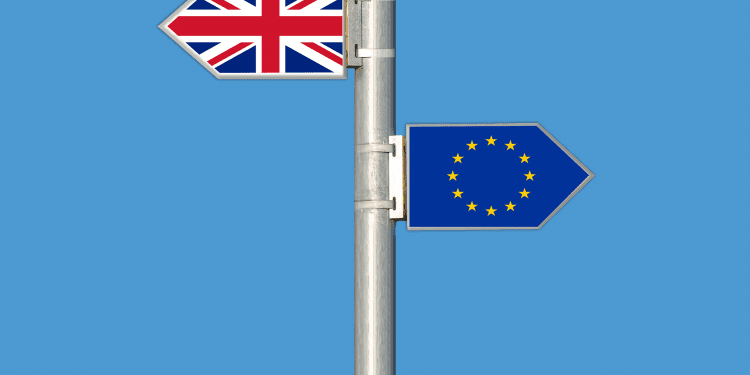As Brits find little confidence in British Prime Minister Theresa May, and what to do about Brexit, consumer credit and mortgages feel the pain. Consumer credit volumes plummeted as households prepare for an uncertain environment.
The Guardian reports about record-low usage:
- Credit card demand faces record drop as Brexit spooks borrowers
- The Bank of England has just reported that demand for new house loans in January-March is likely to fall at the fastest pace since 2011.
- Demand for credit card lending is also shriveling, and expected to fall at the fastest rate since records began in 2007, the BoE adds.
- This suggests that worried consumers are putting house moves and purchases on hold, as they worry about the UK’s future, with parliament still deadlocked the way forward.
The Bank of England cites record low growth, in their Q418 Credit Conditions Survey.
- Overall demand for unsecured lending increased significantly again in Q4; this was solely driven by a significant increase in demand for credit card lending. However, lenders expected a significant decrease in the demand for credit card lending in Q1, with demand for other unsecured lending expected to be unchanged.
The London Times suggests a “stiff upper lip.”
- A further sign that consumers are reining in their spending before Brexit, the Bank said lenders expect demand for credit card loans to fall by the largest amount since records began in 2007. Demand for mortgages will be at an eight-year low.
- Growth in consumer credit has been slowing since it peaked at almost 11 percent in November 2016, prompting fears of another debt bubble and leading the Bank to demand tougher affordability standards for borrowers.
- The survey of credit card lending will help to calm concerns at the Bank about excessive borrowing.
The Independent suggests a long term impact on the British economy as uncertainty continues.
- Household spending accounts for around 60 percent of the UK economy, and any weakening of the appetite for consumers to spend will be negative for overall GDP growth.
- “The survey reinforces the belief that heightened uncertainties focused on Brexit are likely to weigh down on the economy in the near term at least,” said Howard Archer of the EY Item Club.
There are certainly long term implications to what will happen, but with the uncertainty of whether to stay or go, households are tightening their belts.
And to the economy, this may or maybe an issue.
Overview by Brian Riley, Director, Credit Advisory Service at Mercator Advisory Group










